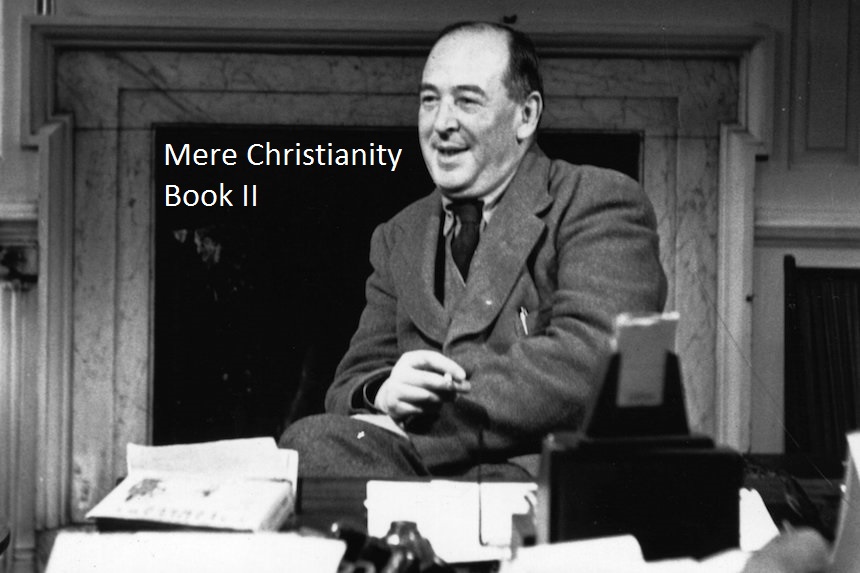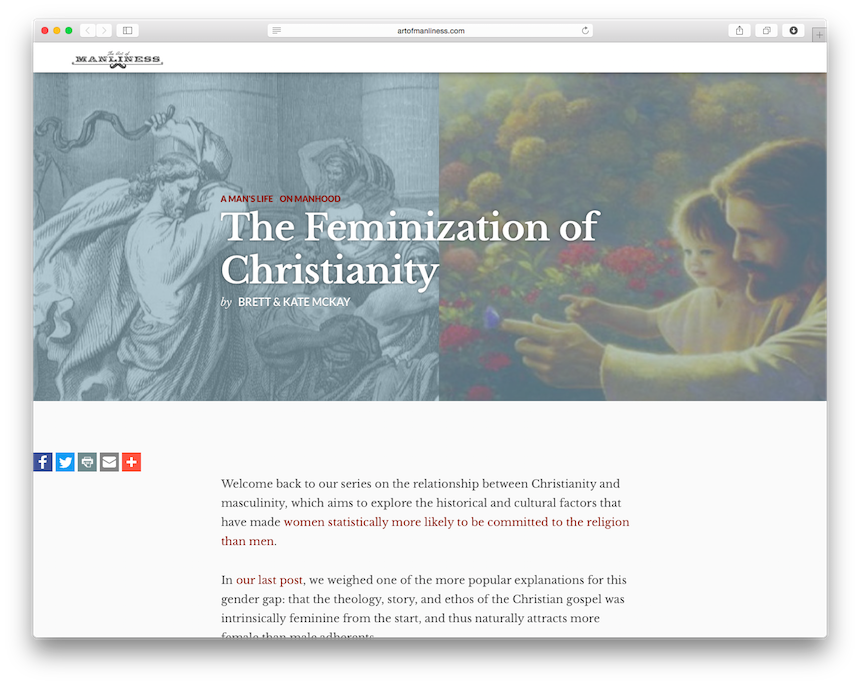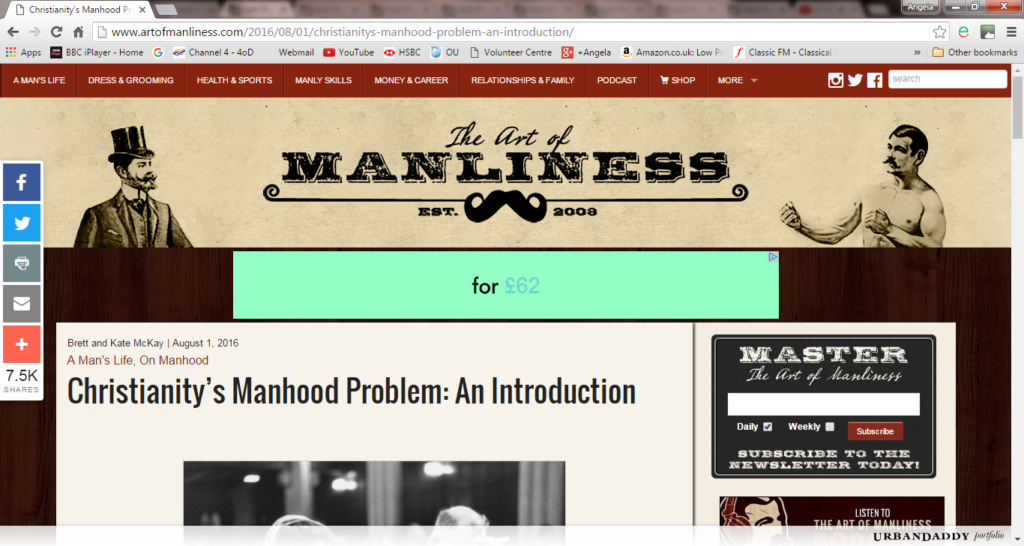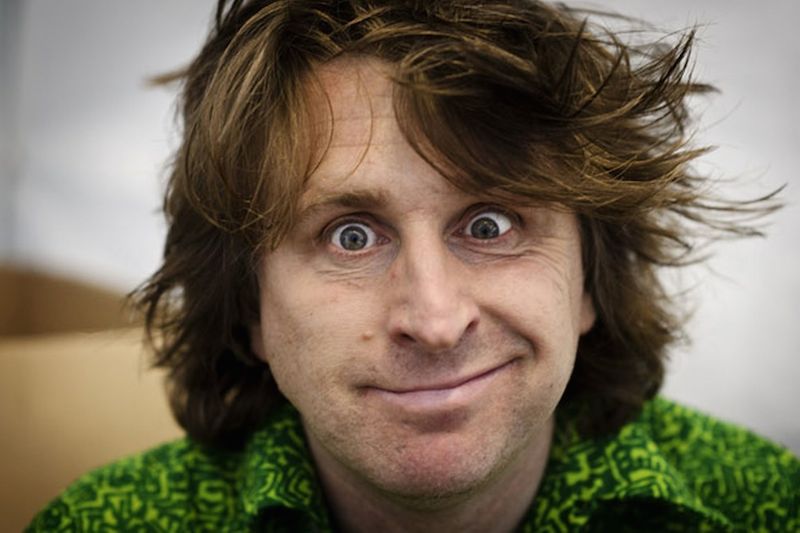Mere Christianity – Book II – Chapter 3 (“The Shocking Alternative”)

Continuing my notes on Book II of “Mere Christianity”…
Notes & Quotes
1. Christians believe that evil exists in the world. So does that mean God wills it?
“If it is [in accordance with God’s will], He is a strange God, you will say: and if it is not, how can anything happen contrary to the will of a being with absolute power?”
(a) Anyone who has held a position of authority can explain this dilemma
“You make a thing voluntary and then half the people do not do it. That is not what you willed, but your will has made it possible”
(b) Free will is the cause for much evil, but it is the only thing which makes love possible
“Some people think they can imagine a creature which was free but had no possibility of going wrong; I cannot. …free will, though it makes evil possible, is also the only thing that makes possible any love or goodness or joy worth having”
(c) God seemed to think the trade-off between free will and evil was acceptable and we’re not especially in a position to argument with Him.
“He is the source from which all your reasoning power comes: you could not be right and He wrong any more than a stream can rise higher than its own source….you are arguing against the very power that makes you able to argue at all: it is like cutting off the branch you are sitting on”
2. It is because of the greatness given to us by God that we are capable of such great evil and the same is true for Satan.
“A cow cannot be very good or very bad; a dog can be both better and worse; a child better and worse still; an ordinary man, still more so; a man of genius, still more so; a superhuman spirit best – or worst – of all”
(a) Satan’s sin was most likely selfishness and this is what he taught the humanity.
“The moment you have a self at all, there is a possibility of putting yourself first – wanting to be the centre – wanting to be God, in fact. That was the sin of Satan: and that was the sin he taught the human race…[to] invent some sort of happiness for themselves…apart from God”
(b) This is the source of much of the evil in the world.
“…out of that hopeless attempt [for happiness apart from God] has come nearly all that we call human history – money, poverty, ambition, war, prostitution, classes, empires, slavery – the long terrible story of man trying to find something other than God which will make him happy”
3. We fail in our attempt to be happy without God because we were made for Him.
“A car is made to run on petrol, and it would not run properly on anything else…God design the human machine to run on Himself… God cannot give us a happiness and peace apart from Himself because it is not there…[we] are trying to run it on the wrong juice. That is what Satan has done to us humans.”
How did God respond to all this?
(a) Conscience
“…He left us conscience…and all through history there have been people trying (Some of them very hard) to obey it”
(b) He sent “good dreams”
“…those queer stories scattered all through the heathen religions about a god who dies and comes to life again…”
(c) Formed Israel
“…He selected one particular people and spent several centuries hammering into their heads the sort of God He was – that there was only one of Him and the He cared about right conduct”
(d) Jesus
(i) Claimed to be God
“Among these Jews there suddenly turns up a man who goes about talking as if He was God… Among Pantheists…there would be nothing very odd about it. But this man, since He was a Jew, could not mean that kind of God. God, in their language, meant the Being outside the world, who had made it and was infinitely different from anything else. And when you have grasped that, you will see that what this man said was, quite simply the most shocking thing that has ever been uttered by human lips…”
(ii) Forgave sins and yet claimed to be humble and meek
“[He] told people that their sins were forgiven, and never waited to consult all the other people whom their sins had undoubtedly injured. He unhesitatingly behaved as if He was… the person chiefly offended in all offenses”
“Christ says that He is ‘humble and meek’ and we believe Him; not noticing that, if He were merely a man, humility and meekness are the very last characteristics we could attribute to some of His sayings”
(iii) This provides us with a trilemma. Jesus was either Lunatic, Liar or Lord.
“A man who was merely a man and said the sort of things Jesus said would not be a great moral teacher. He would either be a lunatic – on a level with the man who says he is a poached egg – or else he would be the Devil of Hell… Either this man was, and is, the Son of God: or else a madman or something worse”
(iv) Which means you can’t just call Him a great moral teacher
“You can shut Him up for a fool, you can spit at Him and kill Him as a demon; or you can fall at His feet and call Him Lord and God. But let us not come with any patronising nonsense about His being a great human teacher. He has not left that open to us”
Discussion Questions
1.Why does the presence of evil in the world pose a threat to the belief in a omniscient, omnibenevolent God?
2. In what way does free will go a long way to explaining much of the evil in the world?
3. Jack says he can’t imagine a creature which has free will but no possibility of going wrong. Do you think this is a reasonable statement?
4. Do you find Jack’s argument concerning the illogic of arguing against God comforting at all?
5. How does Jack explain why the great evil of humanity doesn’t show that God made us “out of rotten stuff”?
6. Why do our attempts to find happiness without God fail?
7. What are the different ways in which God has started the process of rectification of the human race?
8. Don’t the “good dreams” of dying and rising gods just prove that Christianity is a fabrication?
9. What evidence is presented for Jesus making divine claims? Why is forgiving the sins incomprehensible if Jesus wasn’t God?
10. Why does Jack say we can’t just say that Christ was a great moral teacher?
 Once of the central claims in Islam is the immutability of the Qur’an. It is repeatedly asserted that what was given to Muhammad is exactly what is found in copies of today’s Arabic Qur’an.
Once of the central claims in Islam is the immutability of the Qur’an. It is repeatedly asserted that what was given to Muhammad is exactly what is found in copies of today’s Arabic Qur’an.




